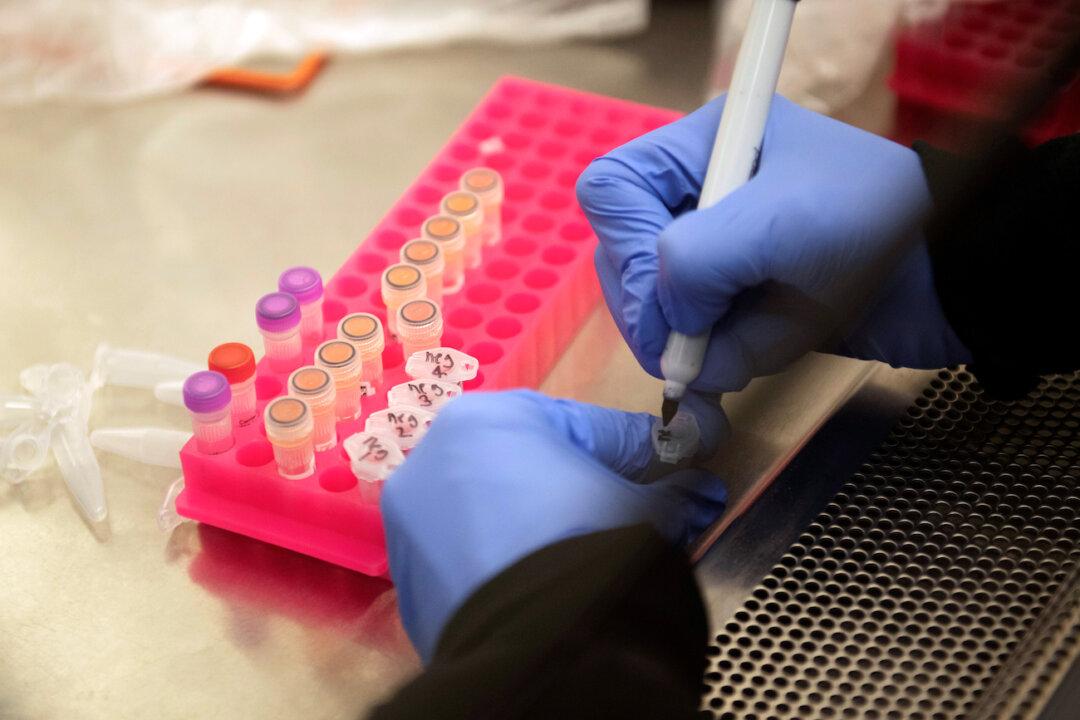State and local governments across the United States have obtained about 30 million doses of hydroxychloroquine, a malaria drug being studied in countries around the world for safety and efficacy against COVID-19.
At least 22 states and the District of Columbia secured shipments of the drug, according to information compiled from state and federal officials. Sixteen of those states were won by President Donald Trump in 2016, although five of them, including North Carolina and Louisiana, are now led by Democratic governors.





